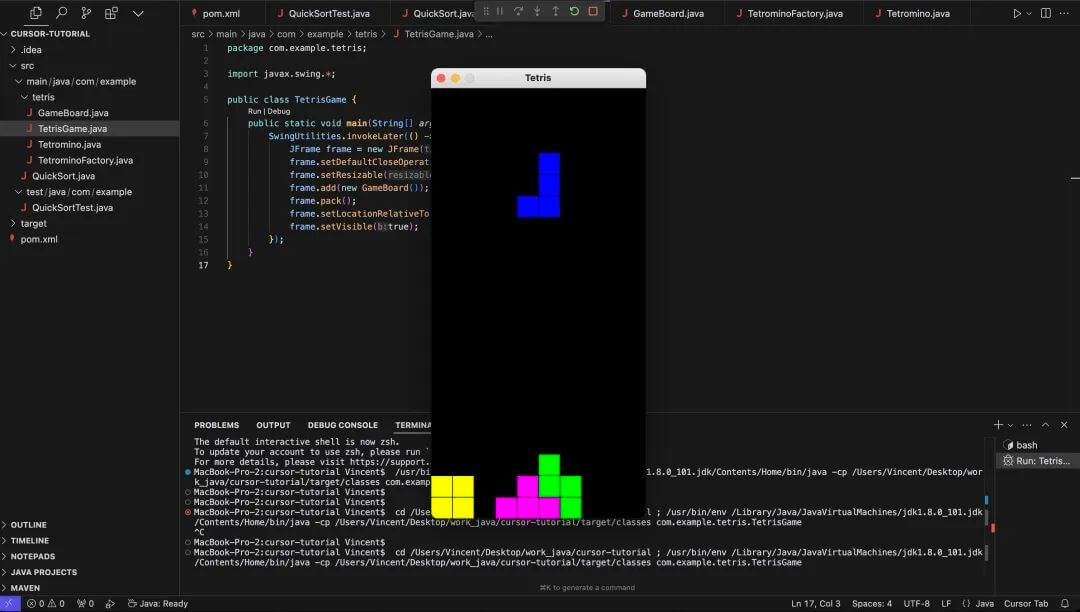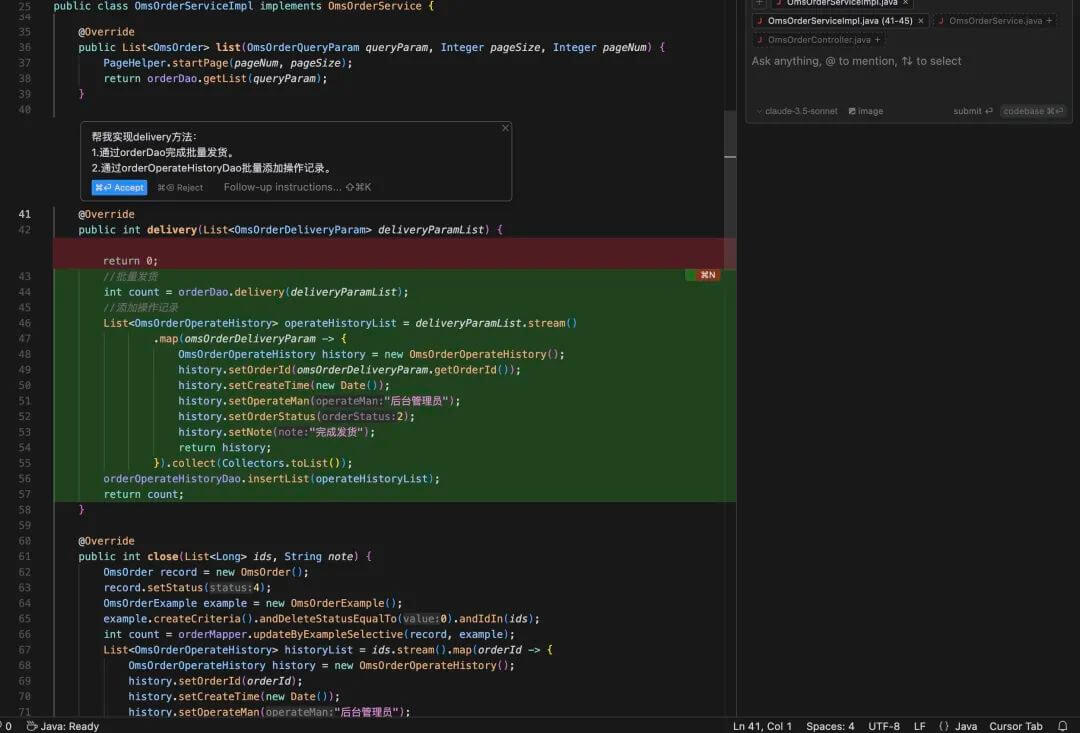AI programming tools like Cursor are rapidly transforming the software industry. In this article, we explore how tools like Cursor are lowering the programming barrier, shifting development tasks to AI, and the implications for programmers and the future of software architecture.
For a long period of time, architectural skills will become very important. With large codebases and many modules, Cursor is more likely to have bugs, which is essentially an illusion problem of large models. Architectural skills can decompose complex tasks into fine-grained tasks.
In August this year, the AI programming tool Cursor became a huge hit in the developer community.
On Twitter, Cloudflare's VP shared a video showcasing a shocking case.
His 8-year-old daughter, using only the Cursor AI tool, managed to build a fully functional chatbot in just 45 minutes.
Recently, another case further confirmed the potential of AI programming. Content creator and YouTuber @AI Evolution - Peanut, with no programming experience, developed an app called "Kitten Light" in just one hour using the Cursor AI programming tool.
This app even reached the top of the paid charts on the App Store.
I spent an entire day on the weekend deeply experiencing the AI programming tool Cursor. Here are a few user experiences:
Cursor helped me complete a fully functional Tetris game in just 1 minute.

In a shopping mall project development, with just a few simple natural language descriptions, it was able to quickly generate a complete service method implementation. The generated code quality was very high, with no bugs at all.

At this point, Cursor has crossed an important threshold. AI programming tools like Cursor will completely disrupt the software industry.
Programmers really need to seriously consider their future development direction. A bold prediction:
The barrier to programming will continuously lower. For simple applications, ordinary people without any programming experience will be able to start developing and monetize their projects.
In complex projects, code details will become less important. Architects only need to complete the top-level design, and AI can handle the specific code implementation.
For a long period of time, architectural skills will become extremely important. With large amounts of code and many modules, Cursor is more likely to have bugs, which is essentially a problem with large model hallucinations. Architectural skills can break down complex tasks into fine-grained tasks.
A 20-person development team (1 technical supervisor, 1 architect, and several front-end/back-end/test engineers) will, in the future, only need 2 architects + AI programming. Front-line development will be replaced by AI, and the 2 architects will serve as backups. A large number of junior programmers will lose their jobs, and with fewer people, management positions will also be unnecessary.
For programmers, if you don't want to change careers or be passively eliminated, there are a few critical points to consider:
Master AI programming tools. Be proficient in using tools like Cursor and deeply understand how to optimize prompts to generate higher-quality code with AI.
Improve systematic architecture skills. Master business abstraction, domain division, application structure breakdown, and data modeling. Focus on developing the ability to decompose complex problems into fine-grained tasks.


